This article has links to products and services we love, which we may make commission from.
Cuba’s currency has changed – locals and tourists say goodbye to the so-called dual currency system and hello to the reactivation of the historic national currency, the Cuban peso (CUP). However, visitors are reporting that you might not actually use any pesos while visiting Cuba.
This guide will detail everything you need to know about Cuban currency, whether you can use your credit card in Cuba, and what money to take.
Want to share your currency in Cuba experience? Please leave a comment at the end of this guide or contact us.
Traveling to Cuba soon? Here’s our first-timer’s guide to Cuba
What Type of Cuba Currency Is There?
There is now one unified currency in Cuba, the Cuban peso (CUP).
However, recently returned travelers state that they didn’t need pesos at all.
Previously, there were two currencies.
The CUP, outlined above, and the historic Cuban convertible peso (CUC).
The Cuban convertible peso (CUC, pronounced Cook) was the so-called Cuban tourist currency used daily by foreigners to pay for accommodation such as casas particulares, buses, taxis, tours, and food.
Here is how to tell the difference between the two notes.
- CUP = Pesos, pictures of people on the bill/note.
- CUC = Convertibles, pictures of monuments on the bill/note
The 3 peso note is popular with visitors because it has Che Guevara’s face.
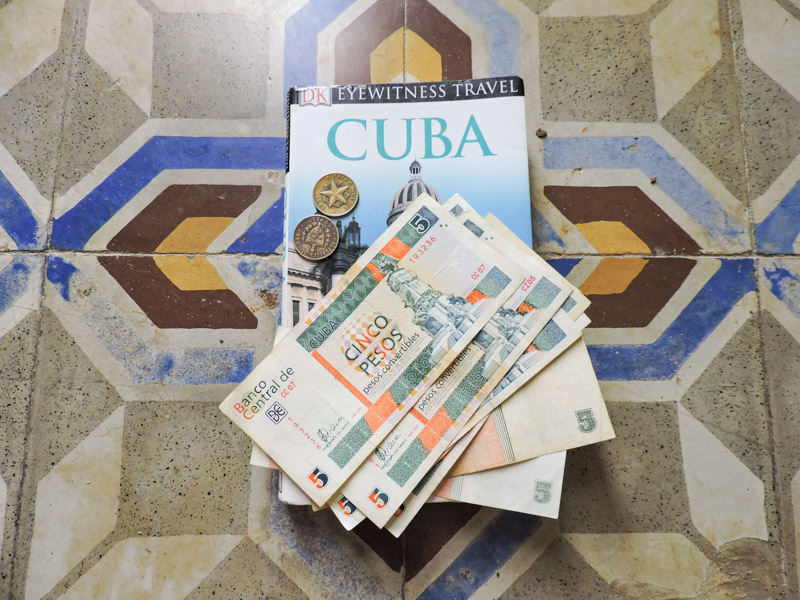
Can I Get Cuban Currency in the UK/US/etc.?
No, you can’t exchange your native currency for Cuba in your home country or anywhere in the world apart from Cuba.
However, it looks like you don’t need to worry about Cuban pesos, as hotels, restaurants, and taxis accept US dollars (USD).
You can also exchange money in these places, and it is suggested that the street exchange value is much better than rates offered at official establishments.
Thanks to Tim, Carl, and Vader in the comments for this update.
Previously, pound sterling (GBP) and euros (EUR) were also accepted, although this may not be the case anymore.
Note: Some locals refer to the pound as sterling or libra; remember that if you are trying to exchange money.
Some hotels have been reported to offer a 25% discount on the food bill if you pay with a GBP or USD credit card.
Thanks to A. Loch for the feedback from their most recent trip to Cuba.
You may also like our guide to scams in Cuba that actually happen.
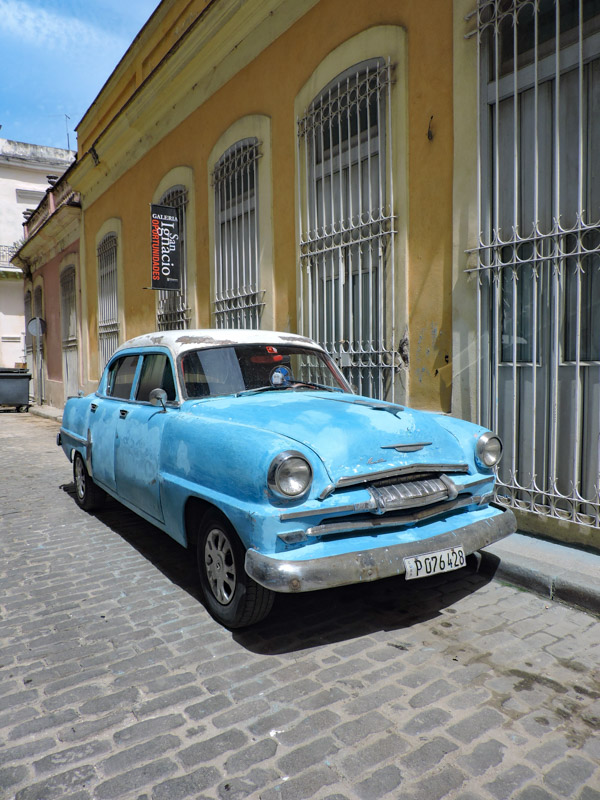
What Currency to Take to Cuba?
You can’t buy CUP in other countries like you can buy euros for your trip to, say, Paris.
Previously, visitors took pounds sterling (GBP), euros (EUR), and Canadian dollars (CAD).
However, a reader called Carl has returned from Cuba and states:
“Under no circumstances should you take GBP/pound sterling to Cuba to exchange for Cuban pesos or even for spending in restaurants/shops/on tours.
They can be used but are converted at the same rate as euros/USD & Canadian dollars when changing on the street/using in shops/hopping into taxis.
So you’ll effectively lose up to 30% of its value.
We spent time in Havana, Playa Coco, Santa Clara, Trinidad…
Time and time again, we were repeatedly told that the GBP (known locally as ‘libra’) rate was the same as the USD./euro/C$.
The ‘street’ USD rate was as high as 217 pesos to the dollar/euro.
So, for example, changing GBP/£200 at CUP215:USD1, we were effectively losing USD60 or CUP12,900.
The official state-run bureau rate was CUP150 for the GBP.
We had no problem changing GBP on the street. Just check the notes carefully for rips.
So Brits should really only bring USD/euros or even Canadian dollars.
Another thing to be aware of is that many prices (restaurants, tours, taxis, public transport, shops) are quoted in USD or euros.
If you want to pay in CUP/pesos, they will use an exchange rate of 200-220.
So unless you’ve changed money near that rate, you’ll lose money.”
Vader also says:
“Take US dollars. The current street rate is 255 CUP to the dollar.
Ensure you receive notes that are not torn.
An easy way to ensure you are not scammed is by recognising CUP has faces on the notes whilst the old CUC has monuments.”
What is the Cuba Exchange Rate for USD?
Up until July 2020, there was a 10% conversion fee on the US “greenback” dollar.
This meant visitors were charged the 3% conversation fee discussed above and a further 10% fee, so 13% fee in total.
Previously, this would have meant:
- $10 USD – 13% (1.30) = $8.70
- $100 USD – 13% (13) = $87
According to many news outlets, as of July 2020, the 10% tax has now been scrapped.
Do you have experience of this?
Please leave us a comment or email gemma(at)twoscotsabroad(dot)com.
How to Get Cuban Currency
As mentioned above, you might not need Cuban currency during your trip.
However, for your own knowledge, here is how to get Cuban currency.
The official Cuba money exchange is called CaDeCa (Casa de Cambio).
They can be found everywhere in Havana and the bigger cities but less so in smaller towns.
We were caught out in Caleton by Playa Larga as the bank hours were limited.
Luckily, new friends lent us some CUC to dive at the Bay of Pigs the next day.
To exchange money at CaDeCa, you need the following:
- An early rise
- Your passport
- Patience
Be prepared to wait in long lines.
I read that CADECA shops close at 3pm so get there early, at opening times is recommended.
Although changing money in Cuba is not impossible, it can be taxing on time.
There are two CADECA at Havana airport, check upstairs for the quieter one which had no line when we arrived.
It is recommended to exchange as much as you are comfortable with at the airport.
The airport ATM did not work during our departure.
Cue panic as we were not aware that there was a tax you have to pay to leave.
Luckily, our airline had already covered it.
Please read our guide to Cuba to avoid the silly mistakes we made.
You can also exchange USD, GBP or EUR to peso locally; ask your casa host, hotels or taxi drivers.
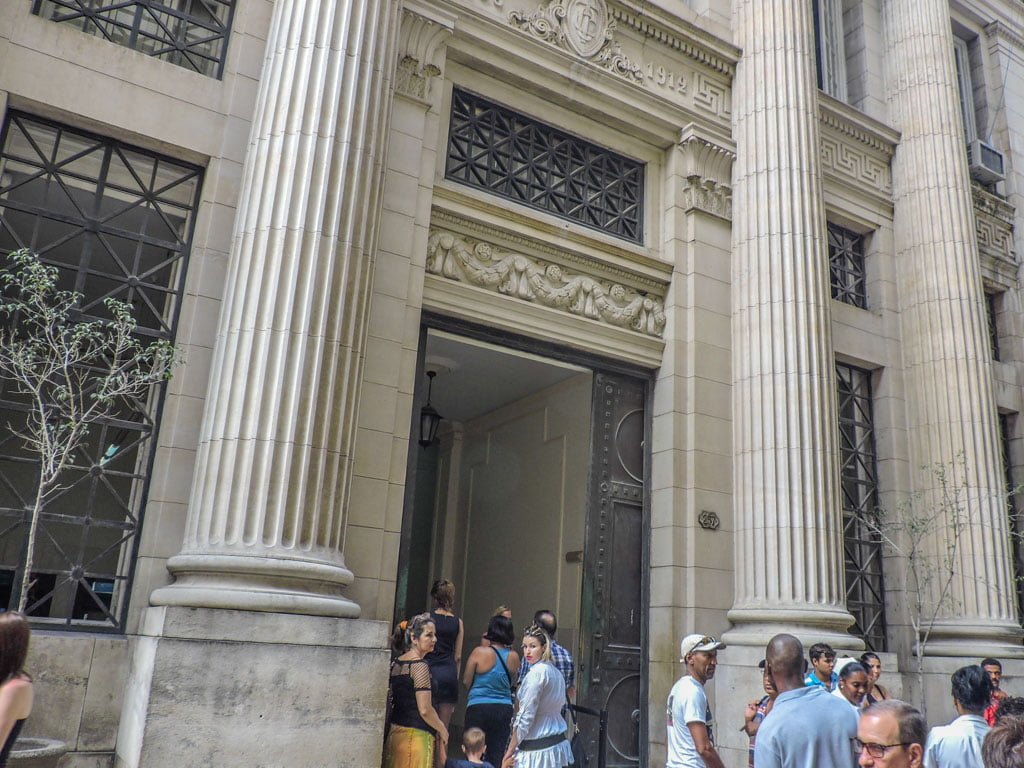
Should I Exchange Money at my Casa?
It is common for visitors to exchange money at their casa.
Not all casas will offer this service, but they will point you in the right direction of who can help if you want to exchange money.
You can shop around this way, too.
Have you exchanged money at your casa? Please share your experience in the comments below.
Read next: a guide to casas in Cuba.
What about ATMs in Cuba?
There are ‘holes in the wall’ ATMs in Cuba, and we used them after our cash ran out.
Non-US Visa is the preferred card. Others may not work.
Again, there may be lines and there are instances when the money runs out. ATMs also max out, so you may have to return for more.
Cash may come out before your card, so remember to lift it from the machine, or it will get swallowed. We had a swallowed card incident in Peru and it sucked, boom boom!
Overall, getting cash in Cuba is relatively easy if you have a non-US card that works, can beat the crowds and don’t mind making a few runs.
Can You Use Credit Cards in Cuba?
Increasingly, hotels, restaurants and tours accept non-US credit cards.
It isn’t certain whether your credit card will work in Cuba, so it is best to have cash, too.
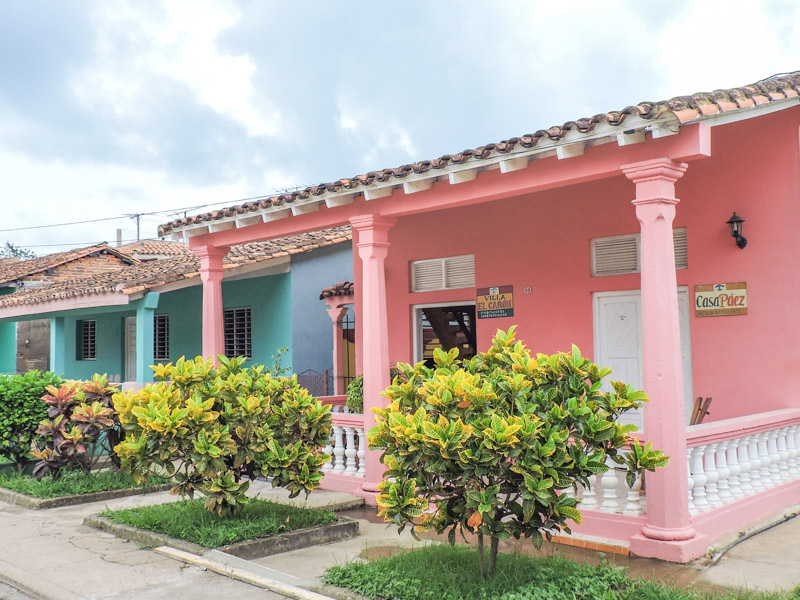
So How Much Does Cuba Cost?
The total budget for 3 weeks in Cuba came to 1903.50 USD.
That’s 90 USD daily for two people with limited activities and one week in an all-inclusive resort.
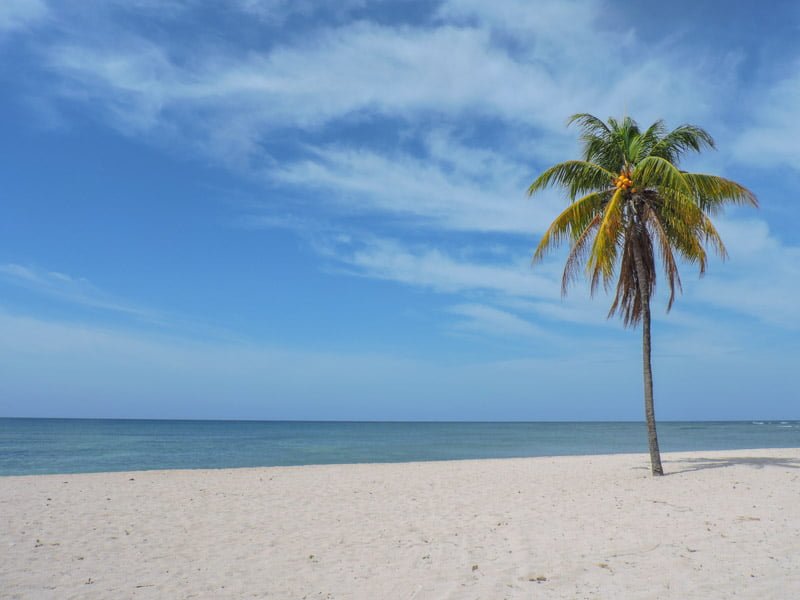
Frequently Asked Questions
What money is used in Cuba?
Officially, the currency used in Cuba is the Cuban peso (CUP), but USD, EUR or CAD are widely accepted.
Can I use USD in Cuba?
Possibly. Most say the street value for USD exchange is good.
Should I exchange my USD before I go to Cuba?
You can’t actually exchange USD to CUP outside of Cuba.
Should I exchange my USD for another currency before I travel?
Readers in the comments below suggest USD is now widely accepted.
Our Cuba Guides
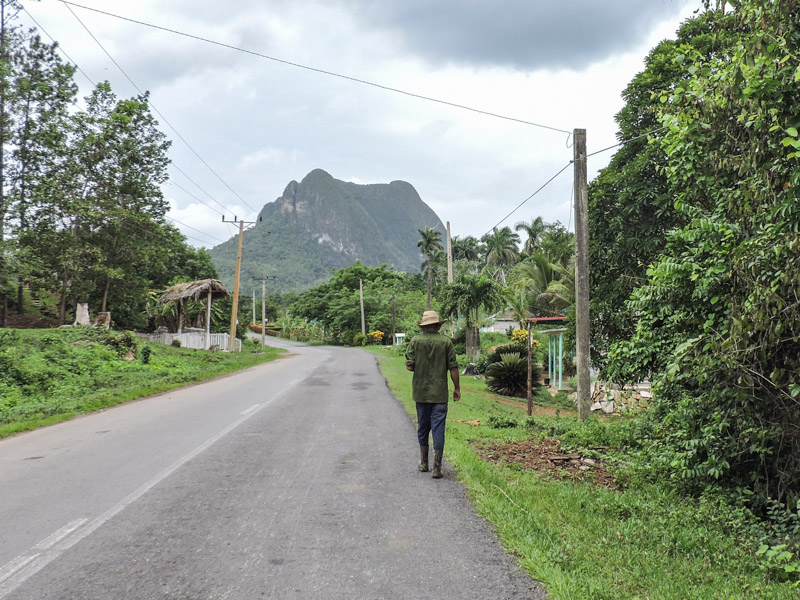
Final Words
I hope this has helped answer your question – what currency do you use in Cuba?
To recap, the best currency to take to Cuba was either USD, EUR, or CAD, depending on where you are traveling from.
In the comments section, readers suggest USD.

Any questions or comments?
Have the experience to share?
Please leave below.
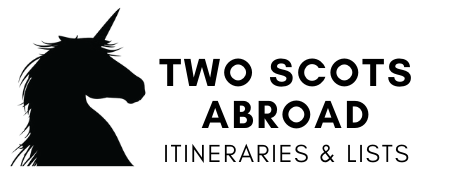
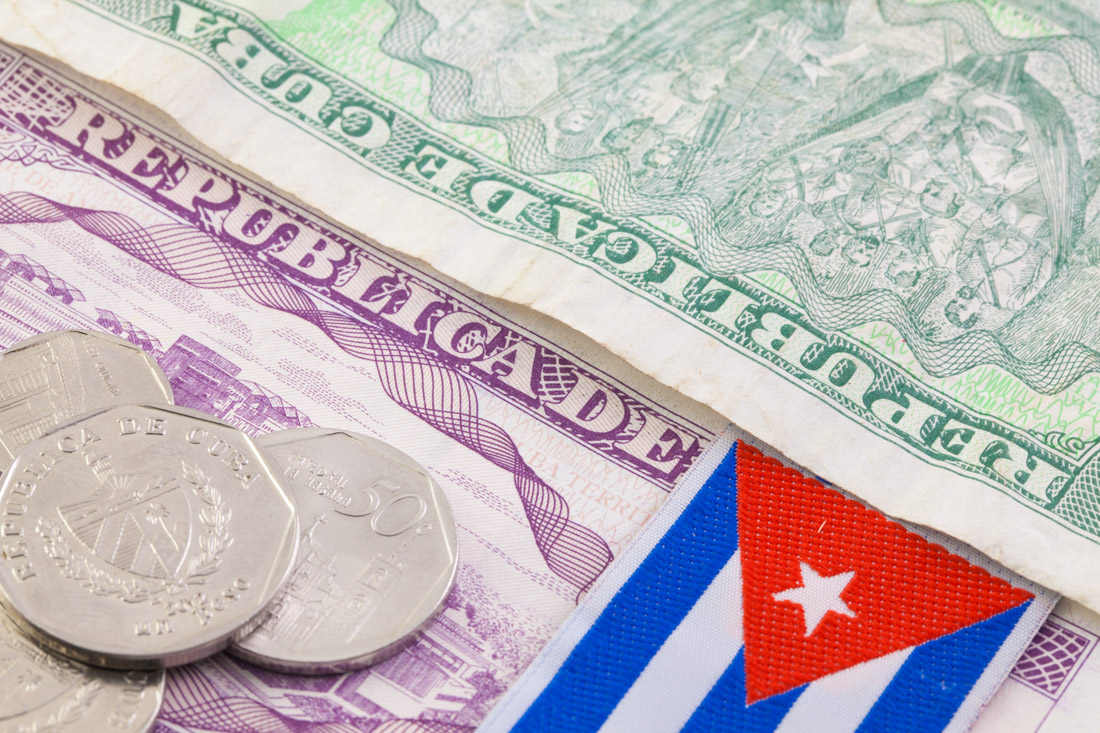
Leaving January 4th for eight days. Havana, Trinidad, and Cienfuegos . Getting psyched!
You are covering great areas! We’ve got heaps on our travels in Cuba – lots of tips on things to do, where to eat, scams to avoid etc. Highly recommend hiring bikes and cycling to Playa Acon from Trinidad early morning (then get a bus or taxi back, so hot!)
Thanks for the info…will be going in a couple of weeks!
Awesome – are you all set? Are you travelling or staying put?
Very helpful post!!!!
Thank you! Learn from our mistakes!
This sounds like suuuch a stressful experience. I’m always so confused about exchanging money. The Canadian dollar is crap right now so I’m terrified about exchanging for the American dollars I’ll need in Ecuador in a couple of weeks, although I know it’ll probably just keep dropping.
Also, I probably rely too much on my visa, something I don’t really want to carry around with me all the time in South America. I suppose I’ll have to learn to use cash again!
We have two credit cards which don’t charge international fees but one is barred just now (kept forgetting to sort that out!) Definitely look into a debit card that omits charges too, we went with the Nationwide but there are others around in every country (we do pay £10 a month for the privilege!)
We travel a lot and usually go to an ATM as soon as we arrive in a foreign country. Voila you have local currency!
I try to avoid ATM charges if possible but everyone travels differently!
Very helpful! Currency problems can be a nightmare for sure. I traveled to Cuba (US citizen) from the Dominican Republic in 1999. It was a spur of the moment trip, and with only credit/debit cards based on US banks, ATMs were not an option. We ran out of cash fast. Even after borrowing a few dollars (how humiliating) from a guy I overheard say he was studying at my former university (later met up in NYC to return the $$), we still left the country hungry. Planning ahead better would have made a much less stressful visit.
We also ran into trouble on our last visit to Venezuela a few years ago. The currency there is in such an unstable state, it’s impossible to deal with. We were traveling, and didn’t have much cash with us. The rate for getting money from an ATM is the official rate. At that time, we would only get 1/8 of what we could get on the “parallel” market. We changed the cash we had in illegal casinos (long story, but good option) and then ended up having to travel to Colombia over the border to take out Colombian pesos and change THOSE unofficially into Venezuelan bolivars. What a mess.
Man what added stress. We’ve heard a lot about The Blue Dollar in Argentina whilst in South America but your Venezuela trip sounded way tougher. We let a chick from England borrow some money from us too in Cuba and were thankful of two girls we met in Playa Larga who were will helping us out in our time of need. Thanks for sharing your story Tamara.
We have been 3 days from 2 weeks in the Holguin area. We have been to Cuba over a dozen times. As the article ‘sort of’ says exchange a little money at the airport – enough to get you to where your staying. Once there NEVER use the official exchange methods again. Talk to a bartender at your resort, or a lifeguard, or a shopkeeper, a taxi driver just about anyone BECAUSE while the official rate for Canadian dollar exchange is approximately 17-18 pesos for 1 Canadian dollar BUT the rate on the street is 60+ pesos for 1 Canadian dollar !!
Buying on the street being a far better deal is true for any currency.
Thank you for taking the time to leave a comment, Tim. Appreciate you sharing your experience! Please let us know if there is anything else you’d like to share with readers.